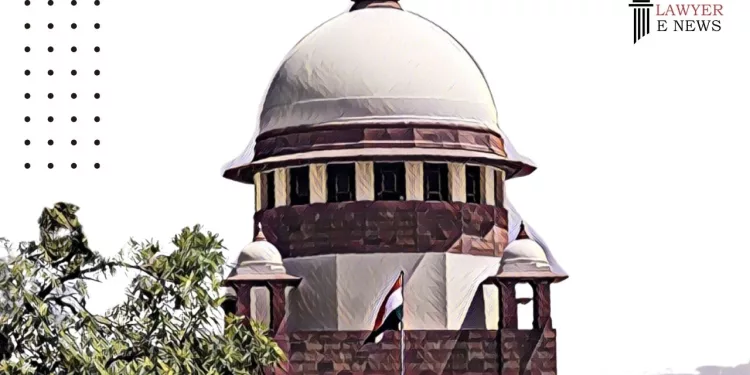FIR Quashed – Dispute as Primarily Civil, Not Criminal Based on Power of Attorney Clauses Interpretation: Supreme Court

In a significant ruling, the Supreme Court of India has quashed an FIR against Bharat Sher Singh Kalsia, in a case involving allegations of property sale fraud through the misuse of Power of Attorney (PoA). The bench, comprising Justices Vikram Nath and Ahsanuddin Amanullah, set aside the judgment of the High Court of Patna, which had dismissed the plea to quash the FIR registered under various sections of the IPC including Sections 467, 468, 469, 471, 409, and 420.
The apex court, in its judgment, stated, “In sum, the dispute, if any, is between the land-owners/principals inter-se and/or between them and the PoA-holder. We think it would be improper to drag the appellant into criminal litigation, when he had no role either in the execution of the PoA nor any misdeed by the PoAholder vis-à-vis the land-owners/principals” (Para 34).
The case stemmed from an FIR filed in 2011 against Kalsia, alleging that he was part of a fraudulent transaction involving the sale of property, which belonged to the family of Maharaj Kumar Man Vijay Singh, one of the respondents in the case. The property was sold by Raj Kumar Karan Vijay Singh, who held a PoA from the family members, including the informant.
The Supreme Court’s judgment hinged on the interpretation of the PoA clauses. The Court observed that “Clause 15 of the PoA is an additional provision retaining authority for sale with the land-owners/principals themselves and the process whereof would also entail presentation for registration and admission of its execution” (Para 29). This interpretation led the Court to conclude that the dispute was primarily civil in nature and not criminal.
Furthermore, the Court found that the entire consideration amount for the sale had been paid by the appellant to the PoA-holder, and thus, dragging the appellant into criminal litigation was unwarranted.
Date of Decision: 31st January 2024
BHARAT SHER SINGH KALSIA VS STATE OF BIHAR & ANR






